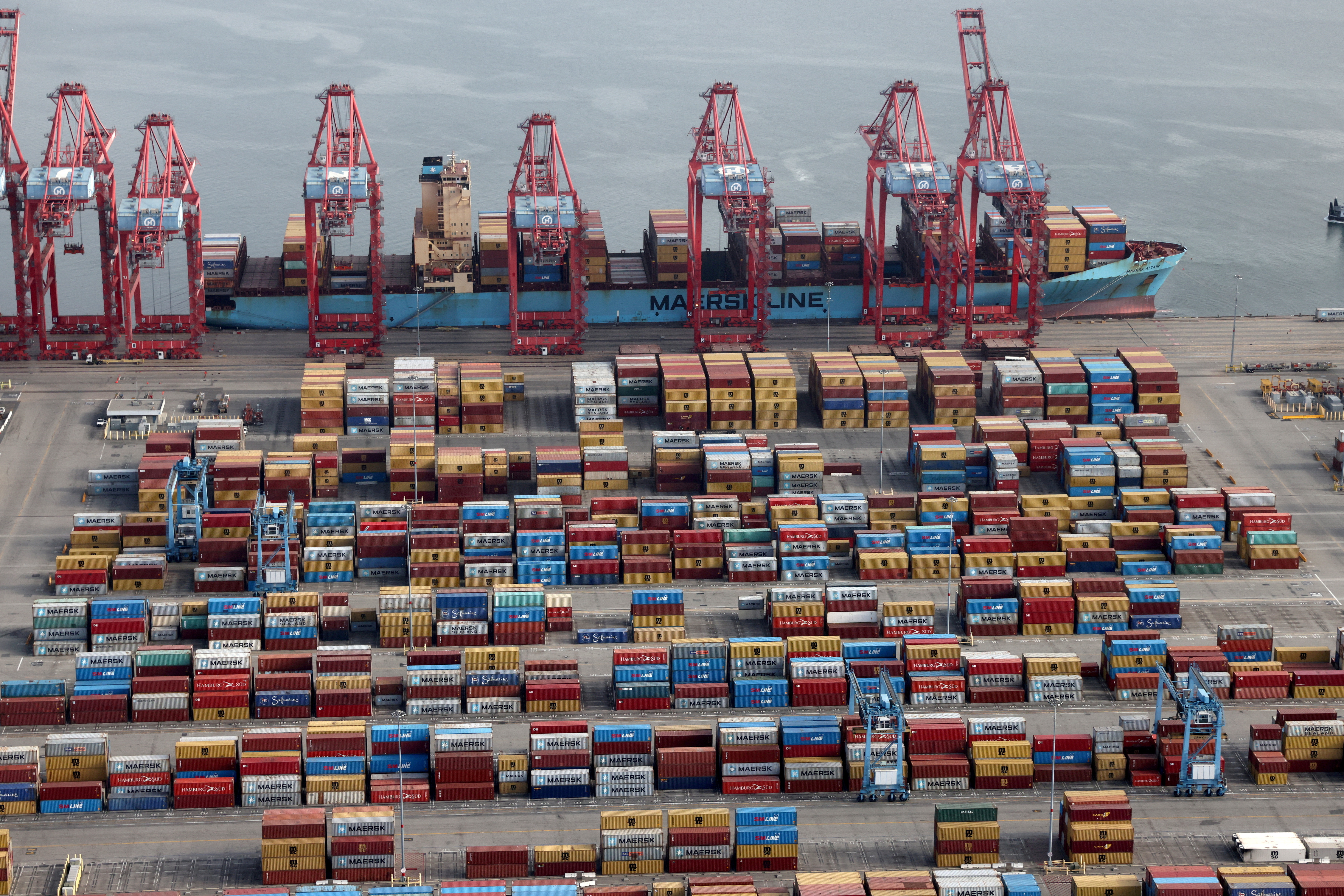Why Choose Philob Imports ?
Global Network
Extensive partnerships with suppliers and logistics providers worldwide
Fast Processing
Streamlined customs clearance and documentation processes
Secure Handling
Comprehensive insurance and secure transportation for your goods
Expert Support
Dedicated account managers and 24/7 customer support
500+
Happy Clients
18+
Countries Served
300+
Shipments Delivered
3+
Years Experience


